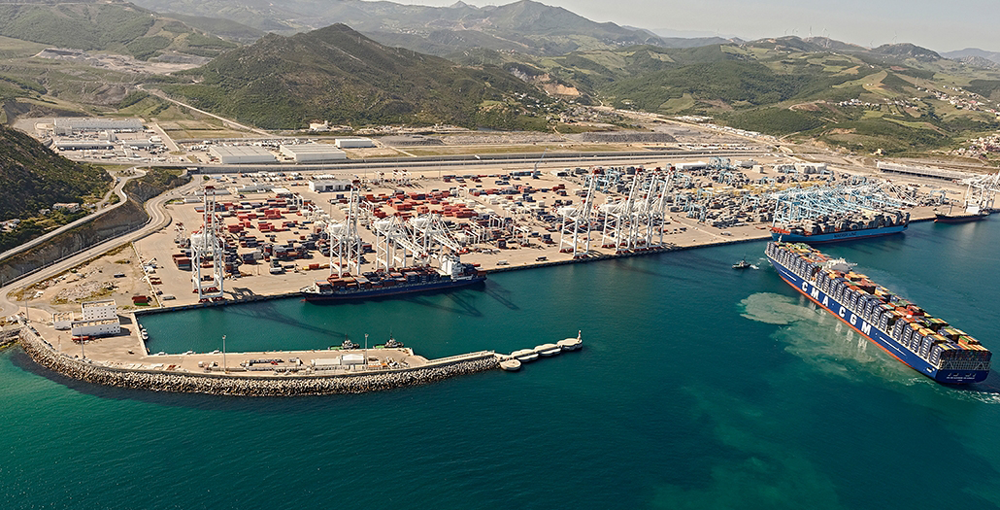
Morocco has invested heavily in the development of the transport and logistics sector to support its booming economy. High-quality infrastructure is essential for facilitating trade and promoting international business, as well as for connecting remote regions to the national economy. The kingdom has mobilized substantial budgets and developed specific strategies to implement large-scale programs.
Road freight and overland goods transport
The country boasts an extensive road network, including freeways, as well as an extensive rail network, including high-speed lines. Road freight is the backbone of logistics in Morocco, enabling the efficient transfer of goods across the country and to international destinations. Recently, Morocco has invested in modern road infrastructure to facilitate the transport and storage of goods. These investments have improved customs transit times and enhanced the country’s competitiveness as a leading regional logistics hub.
Sea freight has a bright future ahead of it
Moroccan ports are connected to numerous international destinations, and are set to be further expanded with the Dakhla Atlantique project and the Nador West Med project, scheduled for completion by the end of 2024. Maritime transport, represented by the ports of Tangier Med, Agadir and Casablanca, continues to play an essential role in Morocco’s international trade. The port of Tangier Med, in particular, has become one of the largest hubs in the Mediterranean region. The port’s expansion has increased its capacity and attracted new international logistics operators. These developments are helping to strengthen Morocco’s position as a major logistics hub in Africa.
Air freight, a high-potential segment
As far as the air transport sector is concerned, Casablanca’s Mohammed V airport remains the country’s leading airport in terms of freight transport. However, other airports, such as Tangiers and Marrakech, are seeing their role in freight transport expand rapidly. Investments are underway to modernize airport infrastructures and improve associated logistics services. These advances support the continued growth of air freight transport in Morocco.
What about information technology and digitalization ?
The transport and logistics sector is facing a number of new challenges, including digitalization and the energy transition. Investing in intelligent technologies can bring considerable benefits in terms of efficiency, profitability and sustainability. New technologies have the potential to reduce transport costs, such as the use of drones for deliveries. The global smart logistics market is expected to reach $46.2 billion by 2025, with an annual CAGR of 11% over the coming years. The technologies in question can deliver substantial cost optimization. The use of drones for deliveries can compress transport costs by up to 80% compared with truck delivery….but not only ! Fleet management is also a fast-growing sector. Energy transition is another important issue, with the need to switch from fossil fuels to other, more sustainable energy sources.
More efficient import and export flows
Customs transit is a key issue in the logistics sector. Morocco has recently implemented reforms aimed at simplifying customs procedures and speeding up the transit of goods. These measures have reduced customs clearance times, boosting international trade and the attractiveness of free trade zones and logistics hubs.
We come out of it more hardened
It has to be said that the COVID health crisis has also had an effect on the transport sector, directly and indirectly impacting operations and supply chains. …In short, the latest developments in Morocco’s logistics and international freight transport sectors bear witness to the country’s dynamism and commitment to the development of its logistics infrastructure. To name but three, the TFZ and TAC free zones, as well as the Tanger Med hubs, are playing a key role in this transformation, attracting increasing investment and reinforcing Morocco’s position as a strategic hub for global trade.
For all your international logistics and freight forwarding needs, consult the specialist: www.autics-group.com for a business review perfectly tailored to your growth needs, today and tomorrow.









